Spouse Visa
Is an income required when changing from a spouse visa to a permanent resident visa?
- 2025.06.09

If you have been married to a Japanese person or to a permanent resident for several years, you may start thinking, "I want to obtain permanent residency in Japan." If you obtain permanent residency, you will not need to renew your visa, and in the unlikely event of divorce or death, you will be able to avoid the situation where your visa expires and you have to return to your home country. Plus, it will be easier to get a loan, which will enable you to build a more stable life in Japan. However, you may feel anxious, thinking "I'm not working, so will it be okay if my husband (or wife) has an income?" or "I only work part-time, but will it be okay?" Therefore, this time, we will focus on ① ‘Are there any income requirements for changing from a visa of "Spouse or Child of a Japanese National" or "Spouse or Child of a Permanent Resident" to a permanent resident visa?’ and ② ‘If there are, does the income have to come from the applicant or will the income of the applicant’s spouse be taken into consideration?"
Does an income required to change from a spouse visa to a permanent resident visa?
First of all, the requirements for obtaining a permanent resident visa are set out in Article 22, paragraph 2 of the Immigration Control and Refugee Recognition Act (hereinafter referred to as the “Immigration Control Act”).
The statutory requirements for permanent residence are summarized as follows:
(1) The foreign national’s behavior is good [Good conduct requirement];
(2) The foreign national has sufficient assets or skills to make an independent living [Livelihood requirement]; and
(3) The foreign national’s permanent residence conforms to the interests of Japan [National interest requirement].
As you can see from the above expressions, they are quite abstract and it is difficult to understand what they mean just by looking at the wording. Therefore, the government has established detailed guidelines on how to specifically judge these requirements.
The guidelines stipulate that in the case of spouses of Japanese nationals and permanent residents, those who have been in a substantial married life for 3 years or longer and have been residing in Japan continuously for 1 year or longer are exempt from (1) Good conduct requirement and (2) Livelihood requirement.
(Reference: “Guidelines for Permanent Residence Permission (revised November 18, 2024)“)
In that case, you might think, “According to the Guidelines, the spouse of a Japanese national or permanent resident does not need to fulfill the livelihood requirement, so an income is not required when changing from a spouse visa to a permanent resident visa!”
However, in practice, incomes are checked in (3) The foreign national’s permanent residence conforms to the interests of Japan [National interest requirement], but this is less strict than the regular livelihood requirement.
(In addition, just for reference, the national interest requirement looks at past criminal records, etc. as well, so in effect, the good conduct requirement is also confirmed.)
(Reference : “Guidelines regarding Permanent Residence“)
Does an income have to come from the applicant or is household income sufficient?
Since the Guidelines do not require an independent living when changing from a spouse visa to a permanent resident visa, will the income of the applicant’s spouse be taken into consideration in addition to the income of the applicant?
Let us jump to the conclusion. The income of the applicant’s spouse who is Japanese or a permanent resident will also be taken into consideration!
Generally, in cases where a foreigner changes from a regular work visa to a permanent resident visa, only the applicant’s income is subject to review, so there is a big difference.
The reason why incomes are checked in the first place is to check whether:
– The applicant will really be able to live in Japan stably for a long time after obtaining permanent resident status;
– The applicant will be able to live without relying on welfare, etc.;
– The applicant will regularly pay taxes, pension premiums, etc.;
and so on.
In other words, as its name suggests, permanent resident visa is a visa that allows you to live in Japan for a long time without expiration, so it is necessary to confirm that you have an enough income that allows you to live in Japan stably while paying taxes, pension, etc., and to live an independent life without relying on welfare.
In this regard, Japanese nationals and permanent residents usually have a base of life in Japan, and it is assumed that they will continue to have a stable income in Japan.
This is because, according to the Japanese Civil Code, married couples have a duty to “live together,” and to “provide mutual assistance,” and assets acquired during the marriage are, in principle, presumed to be “in co-ownership.”
Actually, for international marriages and marriages between foreigners residing in Japan, including the topic of this column “Foreign spouse of a permanent resident or a Japanese,” whether or not Japanese Civil Code applies depends on the laws, etc. of each country (see the “Act on General Rules for Application of Laws” and ” Act on the Law Governing Duty to Support”).
However, in the review of residential status, the immigration bureau focuses on whether the couple “live together” and “mutually assist each other.”
If the Japanese national or the permanent resident has a stable and sufficient income or a certain amount of assets, even if the applicant has no income, the applicant will not be eligible for public assistance such as welfare assistance, due to the duty of mutual assistance.
(In other words, if the applicant’s spouse has sufficient income or assets, the applicant cannot receive welfare benefits.)
Therefore, it is assumed that the income of the spouse who is a Japanese or a permanent resident living in Japan is stable and continuous, and there is no problem in taking his or her income into consideration.
On the other hand, if the spouse of the applicant is a foreigner (in case of changing from a working visa to a permanent resident visa), there is a relatively high possibility that the spouse leaves Japan in the future, or his or her job or income fluctuates by returning to the home country or finding a job overseas.
As a result, the incomes of foreign spouses cannot be taken into consideration when determining whether the applicant can live stably in Japan. Therefore, in such cases, the applicant’s own income is required, in principle, to fulfill the livelihood requirement. (Please note that there are exceptions.)
Benchmark for income
You may be wondering, “Since I’m changing from a spouse visa, do I need less income, compering to cases of changing from other general visas to permanent residency?”
However, the benchmark is not particularly different from other regular cases.
(Please note that this is only a benchmark for your reference and specific numbers are not provided in laws and regulations.)
As mentioned above, for general permanent resident application, a livelihood requirement is required, and according to the guidelines, this is explained as
“Not being a burden on the public in daily life, and being expected to have a stable life in the future judging from the assets or skills possessed.”
There is no specific law or guideline that specifies how much income is required for a “stable life,” but judging from past application results, the benchmark is:
“An annual income of about 3 million yen“
(The amount may vary depending on the applicant’s individual situation, area of residence, etc., so it is only for reference.)
In addition, if you have a family, an annual income of about 800,000 yen for each dependent family member is added to the above 3 million yen.
In conclusion, when changing from a spouse visa to a permanent resident visa, the household income should be more than “annual income of about 3 million yen + annual income of about 800,000 yen per each dependent family member.”
And the income must be stable, so in recent years, many immigration bureaus have been requiring continuation for 3 years or longer of such income amounts, in principle.
For cases where the applicant has income abroad, please see this column.
Summary
Compared to other visas, the permanent resident visa is a special visa with no expiration date, no renewal, no work restrictions, and so on. Accordingly, permanent resident applications are reviewed more strictly and many people may think that it is too challenging.
In this regard, such a case where you change from a spouse visa to a permanent resident visa is called simplified permanent residence, which has relaxed requirements regarding length of residence and income. Plus, there are various benefits.
If you plan to continue living in Japan, it may be worth trying.
In such cases, household income is taken into consideration, so even if the applicant is a housewife, househusband, part-time worker, retired person, etc. or is on leave and has no income, there is a possibility that permanent residency can be obtained if there is enough household income.
Having said that, although there is a benchmark for income, the judgment may vary depending on the situation of each applicant. In addition, in cases where the amount is lower than the benchmark, it is important to explain the applicant’s situation persuasively. Therefore, if you are considering applying for permanent residency and are worried about your income, we recommend that you consult an expert.
We are Yanagi group, which have offices in Osaka (Abeno and Tennoji), and our affiliated offices in Tokyo (Shibuya and Ebisu) are also available for an on-site consultation. We have handled many applications for permanent residence permits, naturalization permits, work visas, college student visas, management visas, etc., as well as visa renewal procedures related to the status of residence with the Immigration Bureau (Immigration Bureau) as a one-stop service. Our experienced administrative scriveners are also available to help you with any problems you may have.
We also have staff members who can speak each of the native languages and can assist you in obtaining a visa.
※If you wish to be consulted in Nepali or Bengali, please inform us in advance via our website or social media, and the translator will contact you ahead of time.
Please feel free to contact us if you have any questions about your status of residence or visa, even if they are trivial.
Editor of this article
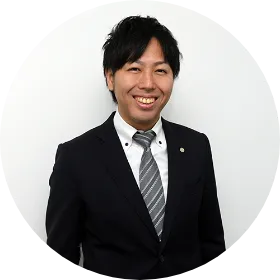
- Ryota Yanagimoto
- Administrative Scrivener/Judicial Scrivener
At the age of 24, he passed the national examinations for judicial scrivener, administrative scrivener, and wage service manager at the same time.
While working as a full-time lecturer at a major prep school, he independently opened a legal office related to judicial scriveners and administrative scriveners,
and he has experience as a judicial scrivener and an administrative scrivener for more than 15 years so far.
He has been actively contributing to various industries such as publicly listed companies, real estate companies, financial institutions, elderly care services, and professional organizations by conducting seminars, lectures, and talks.
And now he has a record of over 60 presentations so far.
Furthermore, as the president of a Japanese language school announced by the Ministry of Justice and Acts, and an advisor to a real estate company (capable of handling foreign clients),
he has been involved in various aspects of industries related to foreigners.
It is recommended to consult with experts when it comes to visas, naturalization, and residency matters.

Our office has specialized experts in visa and naturalization applications who are available to assist with free consultations (limited to the first session) and inquiries related to various visa applications and naturalization applications.
Additionally, we have foreign staff proficient in English, Chinese, and Korean languages with specialized knowledge, and they are present to provide support. They can accommodate consultations and inquiries in each language. Feel free to use our free consultation and inquiry services from here.







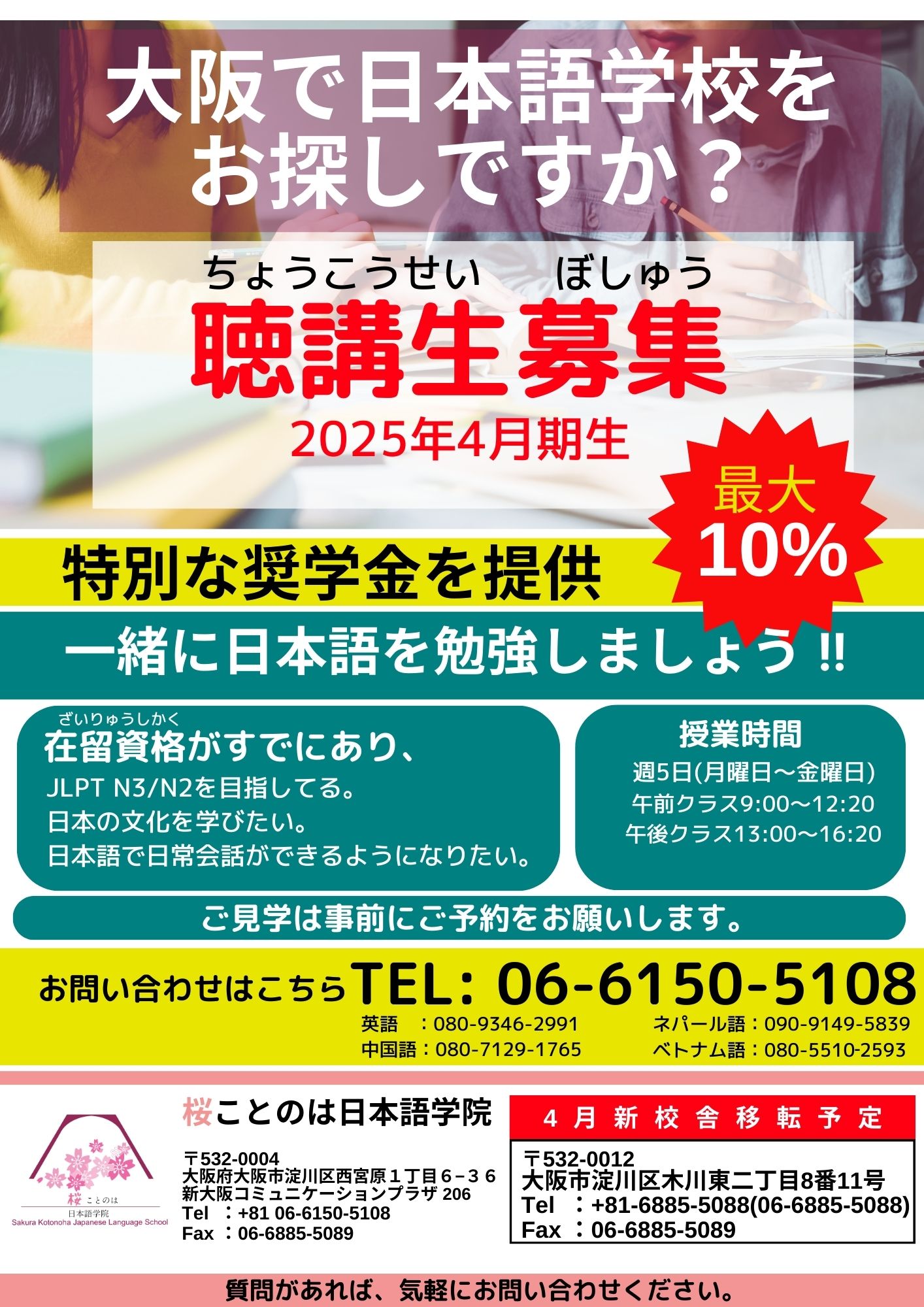

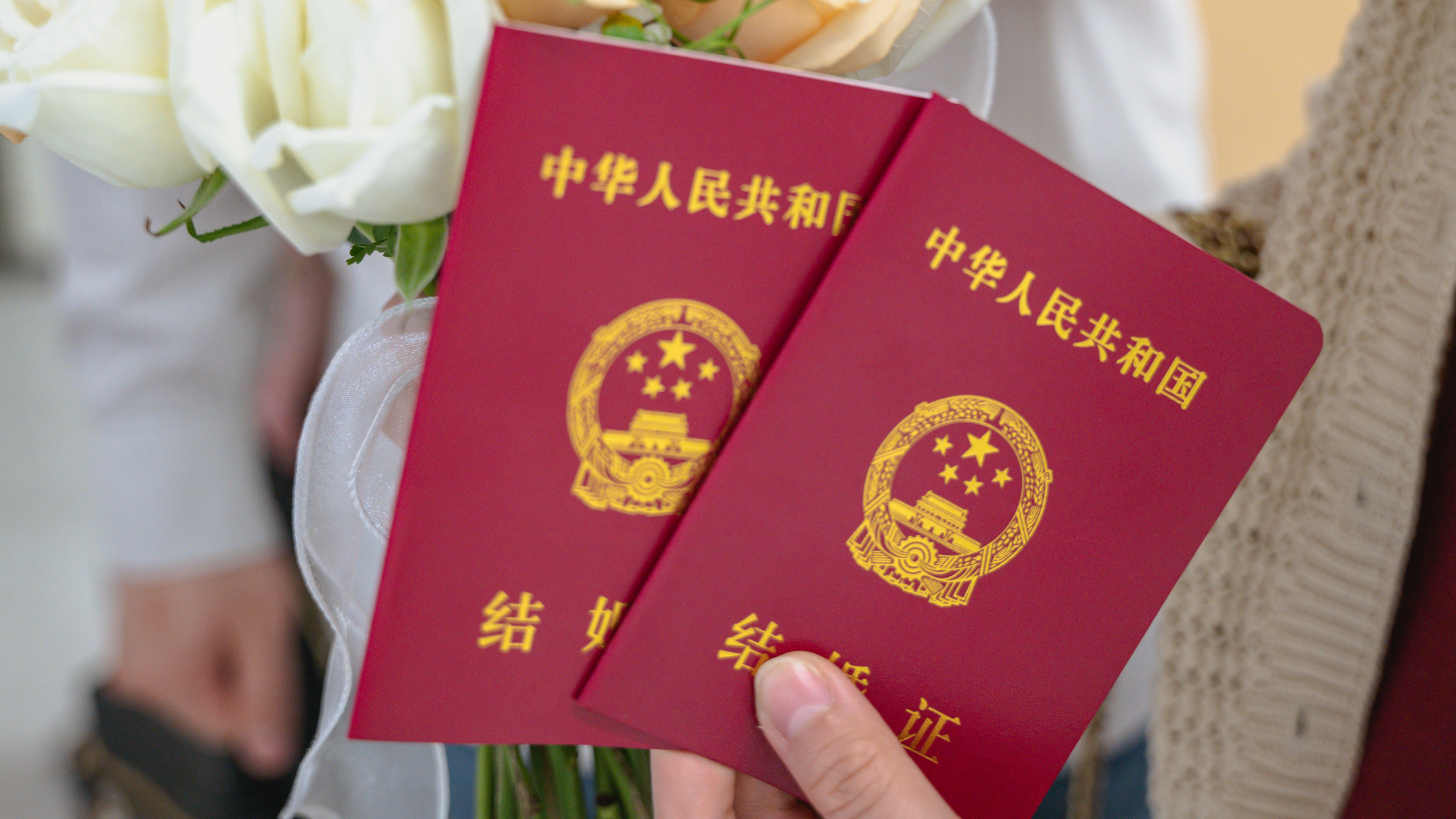

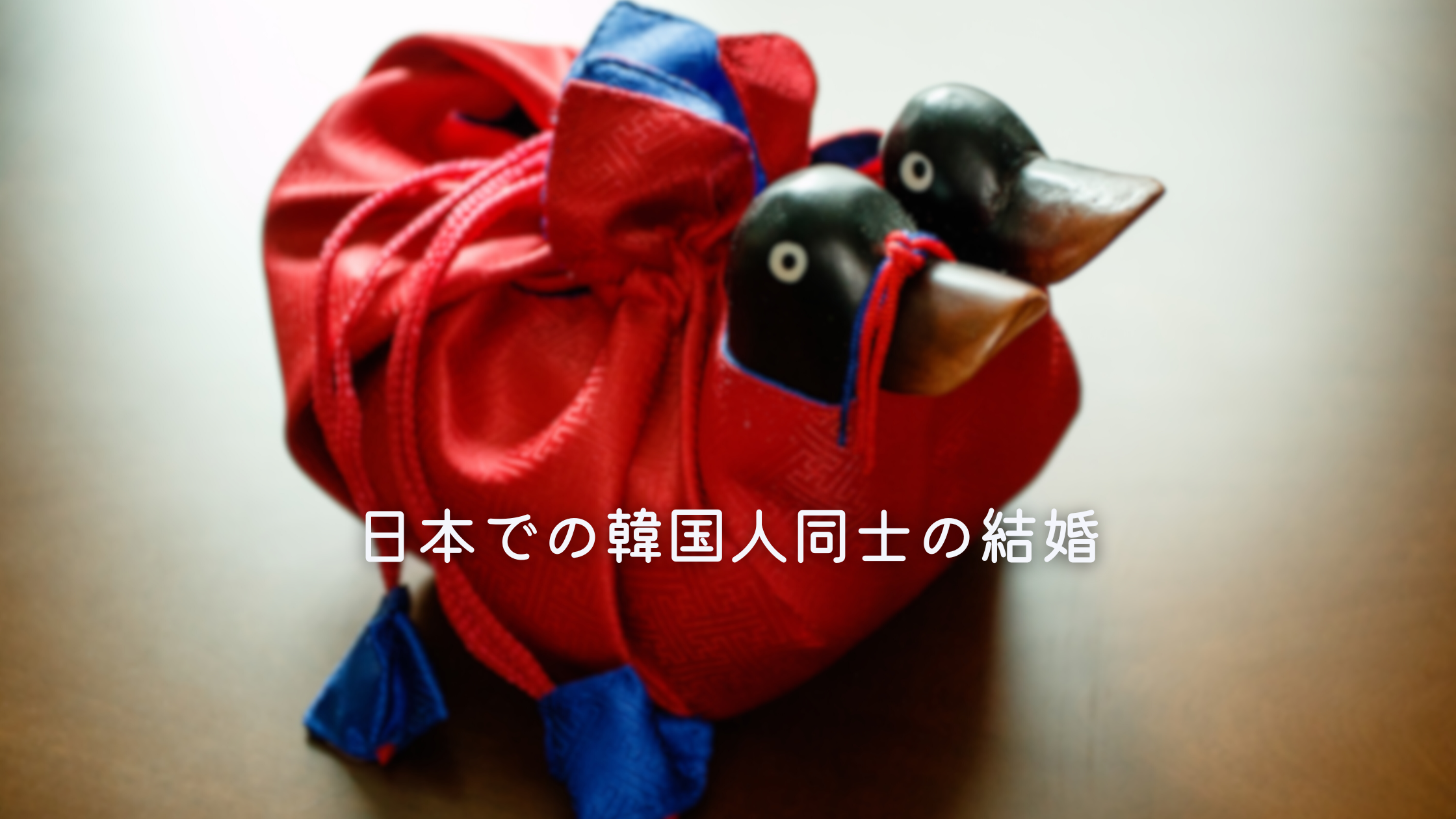



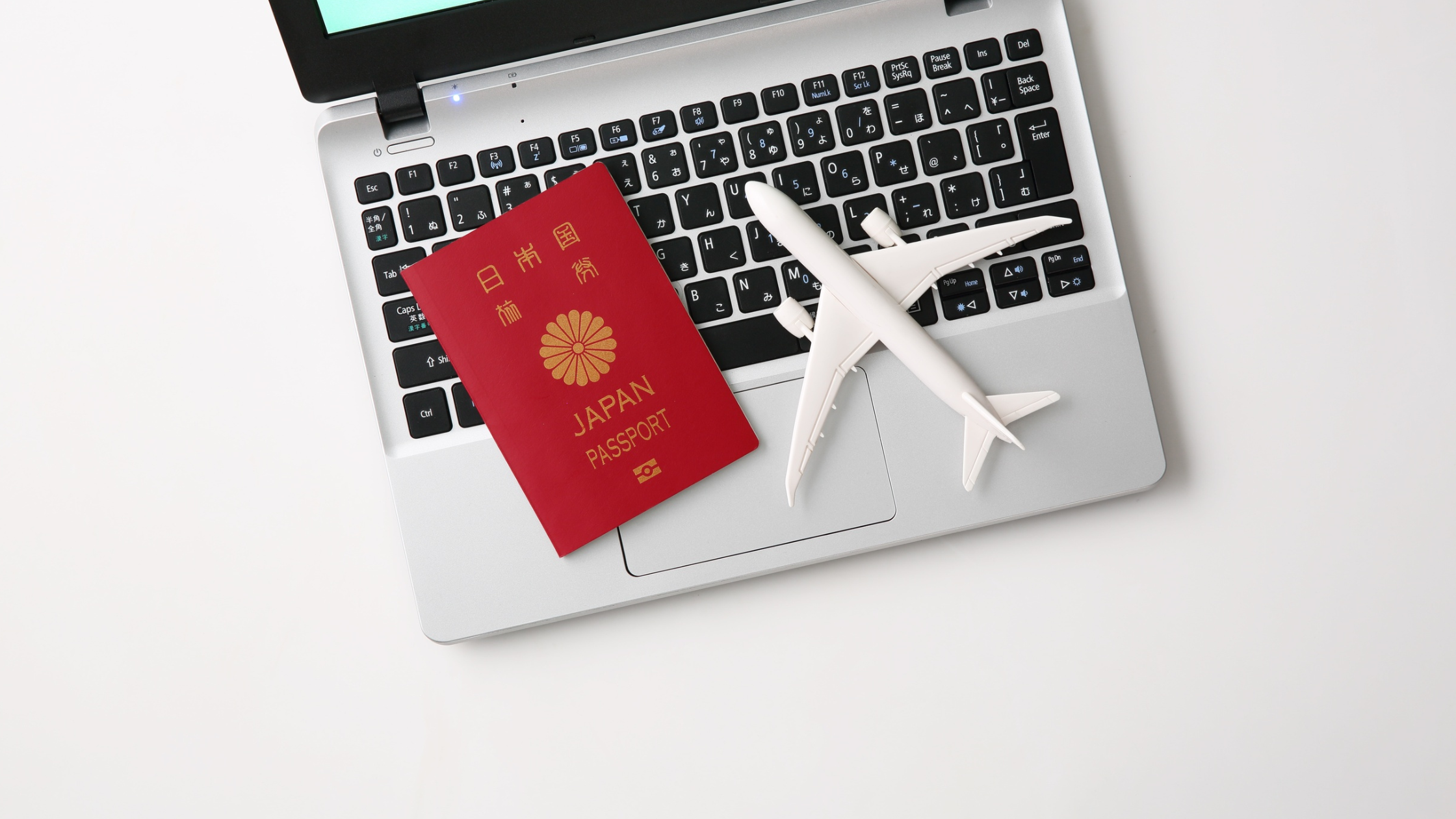







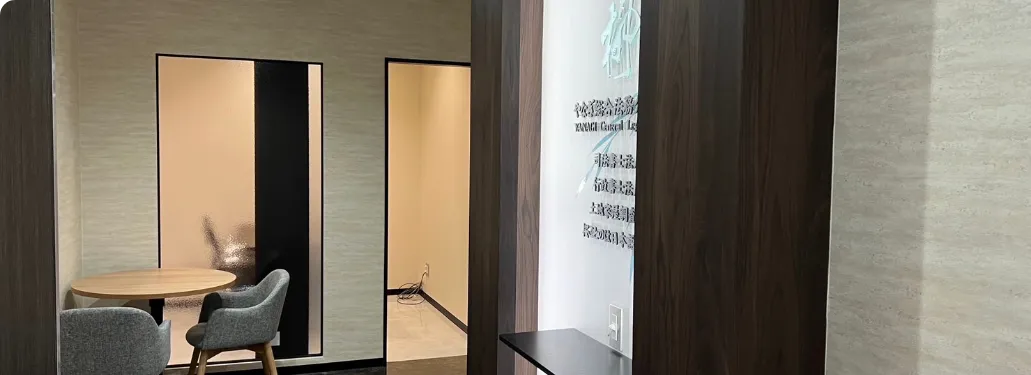
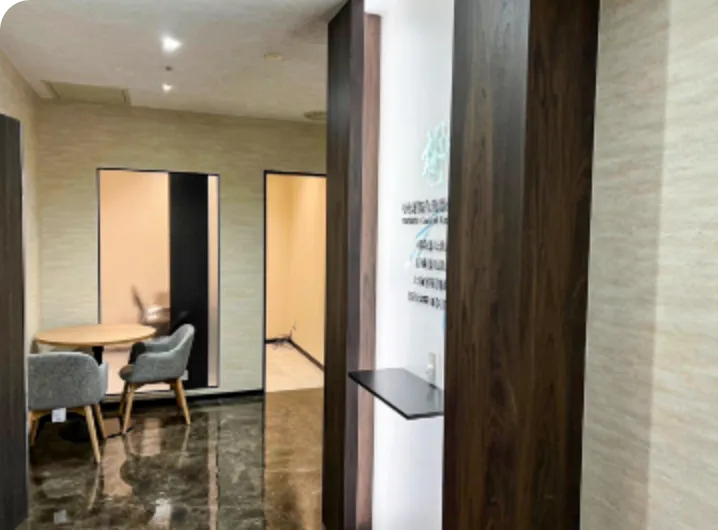
 0120-138-552
0120-138-552 Free
Consultation
Free
Consultation Contact Us
Contact Us